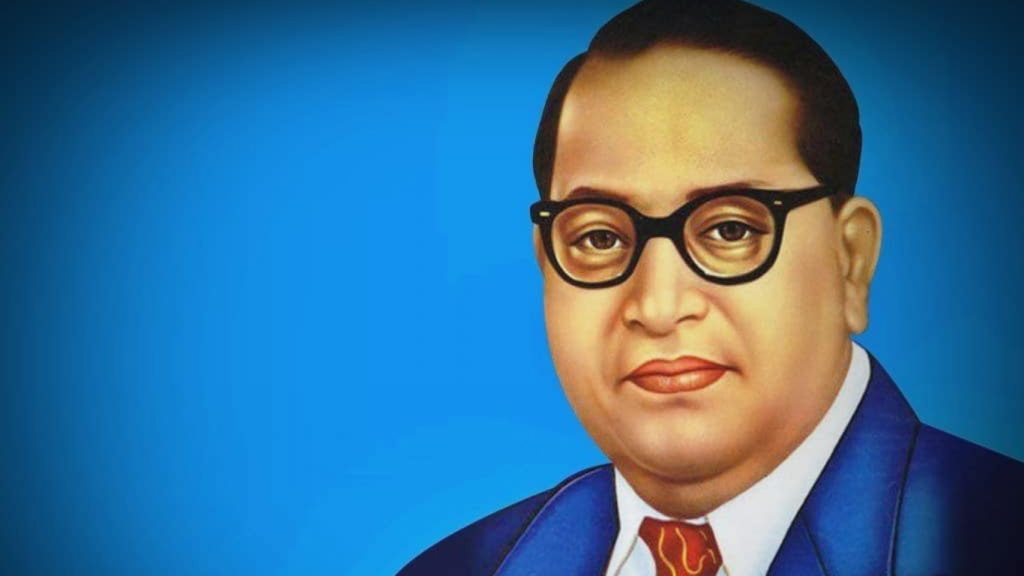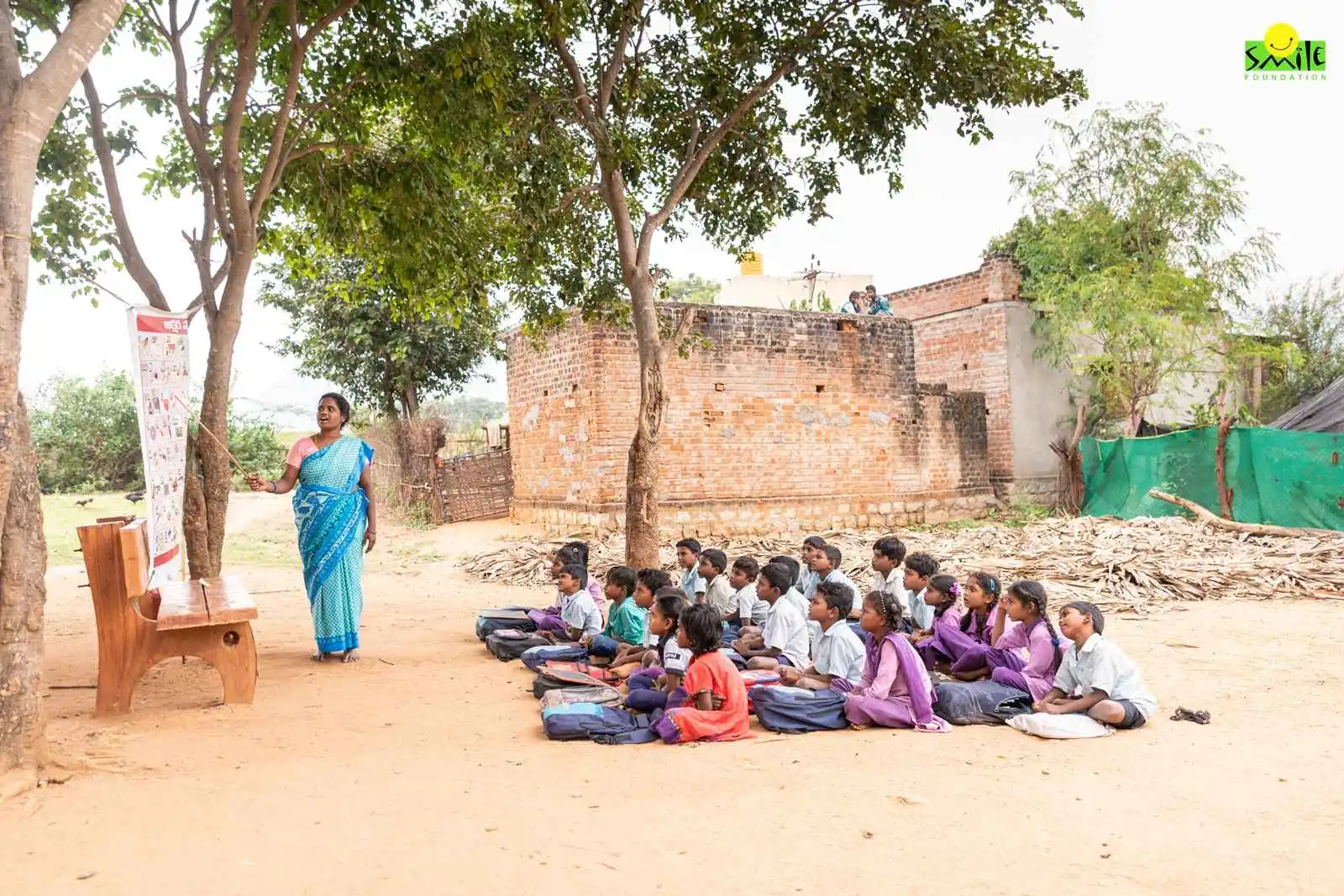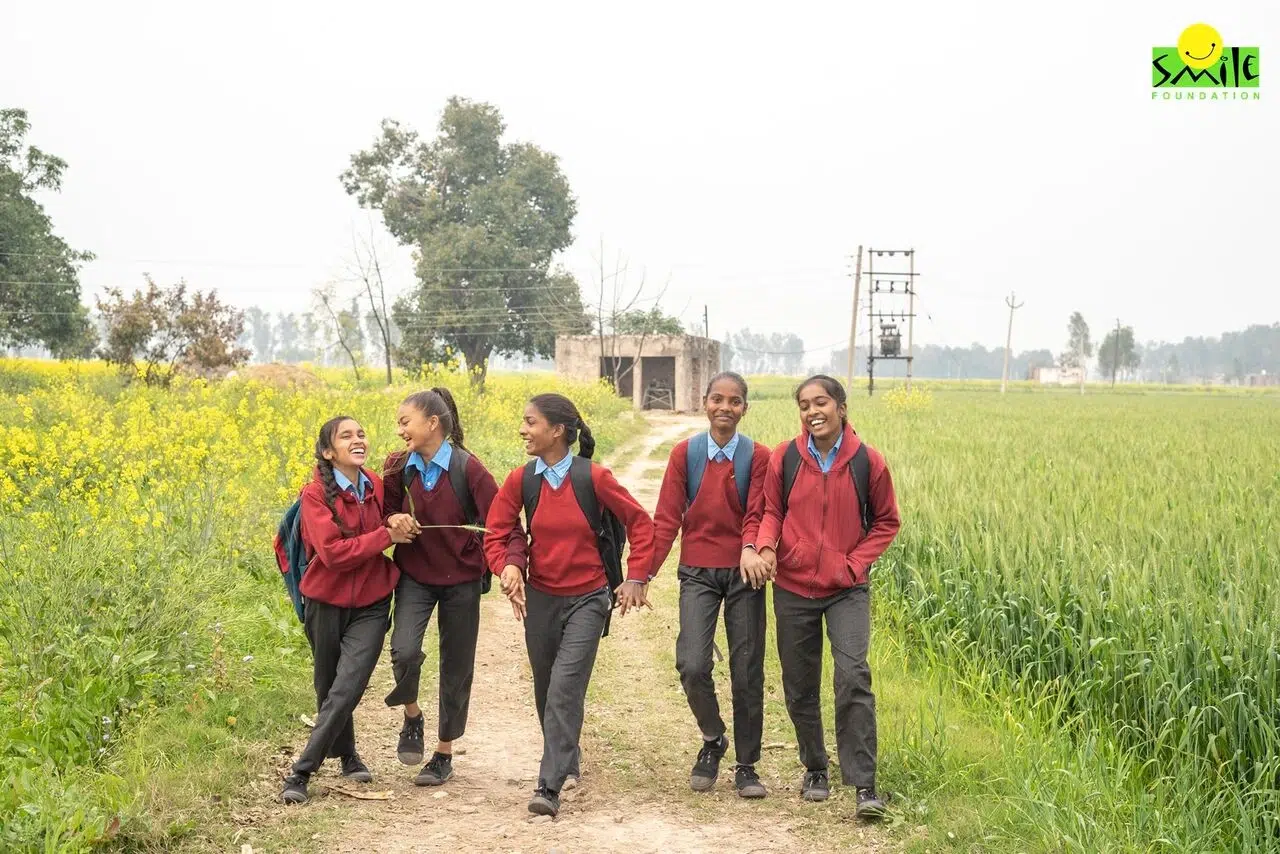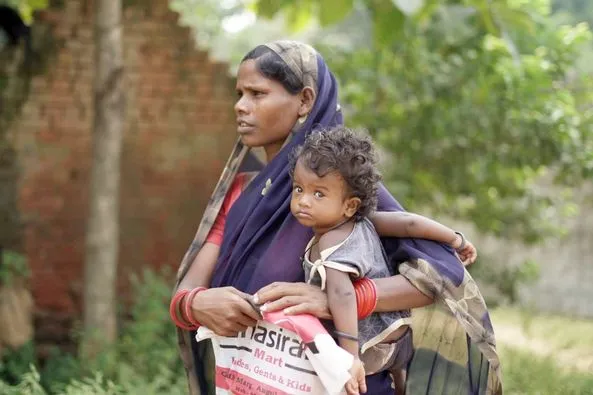India’s journey to the fifth-largest economy hasn’t been easy. The country was desperate in 1947, with the British plunging its richest for their good.
India had lost thousands of lives, including youngsters, as part of the freedom struggle, while literacy and skills were low. However, there was no shortage of resilience and determination in independent India, with several leaders stepping up to guide the country forward.
Their contributions were significant as they lay the cornerstone for India’s rise to power in the 21st century. Among them was Dr. Bhimrao Ramji (BR) Ambedkar, a social icon who helped create the Indian Constitution and championed modern thought with Indian values.
The Story of Dr. Bhimrao Ambedkar
Babasaheb Ambedkar was born into a lower-caste family in Maharashtra in 1891. Despite his academic excellence, he faced discrimination and was separated from caste Hindus. The young Ambedkar was considered an untouchable, allowed to drink water from a vessel only if it was poured from a height by the peon.
With a thirst for knowledge and a desire to change the existing norms, Ambedkar studied hard and acquired degrees from the prestigious Columbia University and the London School of Economics. He became a researcher in economics and practised law for a few years after getting a law degree and doctorates for his work in law, economics, and political science.
Ambedkar had worked hard enough to live a quiet and peaceful life but wanted to impact lives. He devoted his life to helping the poor and oppressed in India and changing the social system forever.
Ambedkar used his economics knowledge to rescue India from outdated social beliefs and move towards inclusivity. He battled for Dalit and labour rights, equality for all, and education as a means of moving forward.
Ambedkar founded the Bahishkrit Hitakarini Sabha to promote education among social outcasts, including non-Brahmin groups. He also established five periodicals about the underprivileged classes: Mooknayak, Bahishkrit Bharat, Samta, Janata, and Prabuddha Bharat.
Ambedkar also won greater representation for the underprivileged class in the government. In the Poona Pact, Ambedkar negotiated 148 seats for the underprivileged class compared to only 71 offered by the British. The same was added to the Indian Constitution, with the underprivileged communities now called Scheduled Castes (SC) and Scheduled Tribes (ST).
Following India’s independence, Ambedkar played a significant role in drafting the Indian Constitution and was named independent India’s first Law and Justice Minister.
The Importance of Ambedkar Jayanti
Dr. Babasaheb Ambedkar Jayanti is celebrated annually on April 14 in India. It pays tribute to the inspirational life of one of India’s great thinkers, reformers, and freedom fighters. Ambedkar Jayanti 2023 is a special day this year when Dalit lives are more in focus in the news and the stories around.
Dr. Ambedkar’s life was a lesson in selflessness, as the reformer dedicated his prime years to changing the country. His work led to a focus on education among the oppressed, improving economic standing for all, and steady eradication of social discrimination against untouchables in independent India.
As the “Father of the Indian Constitution,” Ambedkar impacted the lives of millions of Indians, giving everyone the rights they deserve. He designed the country’s celebrated democratic structure that has room for all. Babasaheb Ambedkar Jayanti is India’s way of paying back the icon.
Dr. Ambedkar’s Values
Despite the rapid advancement in human capability, selflessness is in short supply in the 21st century. Almost the entire world is in a perpetual race, leaving less or no time to focus on the greater good.
Bhim Rao Ambedkar Jayanti is an excellent time to recall the life of a man who had it all but gave it up for humanity. The day reminds us what is achievable with less focus on oneself and more empathy for our fellow humans.
While every moment of Dr. Ambedkar’s life is valuable, we’ve picked out a few especially vital lessons for the 21st century.
1. Women are Equal
Ambedkar was a champion for women. He was among the first to value the power of women in bringing revolution and changing society.
Women were treated horribly in the pre-independent, having little or no powers. They weren’t given the same opportunities as men, with their life limited to their homes and kitchens. They were married early and received fewer choices and rights in their marriage.
Ambedkar saw women as the most downtrodden people on the planet. As a result, he spoke passionately about society’s discrimination towards this gender. His fundamental rule of social engineering also focused on improving women’s lives and social standing.
Unlike the leaders of the 21st century, Ambedkar’s actions on women empowerment matched his words. He always included women in his battle against discrimination and elevated them to positions of power.
At Mahad, the Drinking Water Satyagraha, in Maharashtra in 1927, Ambedkar asked over 500 women to march at the head of the procession and affirm the untouchables’ right to drink water from the public tank. He also led the formulation of a law allowing women to choose their partners and divorce them if they saw fit in 1951.
2. Justice is the Essence of Religion
The modern world is partly fractured due to conflicting religious views. It is a significant problem in India, where several religions coexist.
Certain sections of the majority and minorities often find themselves at crossroads, with their religious views superseding humanity as well as logic. Dr. BR Ambedkar offered a way out.
Religion, according to him, was a code of conduct and must be consistent with modern scientific principles. Ambedkar was a Hindu himself but converted to Buddhism in October 1956 to escape the caste system propagated by Hinduism.
Religion studies specialist Christopher Queen believed Buddhism helped Ambedkar realise his requirements – “the exercise of individual choice based on reason and historical consciousness.” Ambedkar firmly believed rationality, morality, and justice must be cornerstones of any religion.
3. Employees Matter More than Businesses
Capitalism has brought the world forward in many respects. Dreams have been fulfilled, with millions benefiting from the entry of private entities into various businesses.
However, like there are two sides to every coin, capitalism has serious flaws that are slowly coming to the fore in the modern world. The need to keep shareholders happy and deliver consistent growth can lead to the exploitation of employees and inhumane working conditions.
Ambedkar was well ahead of his time and saw the ill effects of capitalism before many others. Ambedkar addressed capitalism exploitation through his Independent Labour Party (ILP), founded in August 1936.
ILP heard workers’ problems, including parliamentary fights for workers’ interests regarding the Industrial Disputes Act. Dr. Ambedkar also enacted various legal improvements as part of the Viceroy’s Executive Council.
Naturally, the ILP faced resistance from various sections who believed the party would lead to a split in the working-class votes. Dr. Bhimrao Ambedkar stood firm and fought for Dalit workers’ human rights, something needed today, where employees represent objects and not humans.
An Immortal Icon: Celebrating Ambedkar Jayanti 2023
Ambedkar Jayanti 2023, celebrated on the occasion of Ambedkar’s birthday, is a chance for the world to pause and reflect on its value. The modern world has progressed technologically, but values are in short supply.
As a result, conflicts are frequent at the household, street, city, and country levels, leading to further problems in an already fractious world. Ambedkar’s life and lessons can serve as a guide to repairing the 21st century’s soul and a happier tomorrow for everyone. Ambedkar Jayanti 2023 is a good time to realign our value systems toward an inclusive and kind world.
Smile Foundation and Change Through Livelihood
Dr. Bhimrao Ambedkar changed his life and the lives of others by using his knowledge to create a chain of events that hugely contributed to the economy of the country. We are trying to inculcate his life lessons into our work.
Smile Foundation‘s livelihood initiative, STeP (Smile Twin e-Learning Programme) is trying to channelise the energy of the youth from no-privilege backgrounds with proper direction to aid economic growth and nation-building.
We connect the youth from disadvantaged groups and communities with the sectors like Healthcare, BFSI, BPO, Core Employability, Digital Marketing and Retail Management. Sectors which have large growth potential in terms of revenue generation and employability. The programme aims to complement the government’s vision and efforts under the Skill India mission. It is also aligned with Sustainable Development Goal 4.
You can help the youth from lower-income households become part of the country’s workforce by contributing here.









